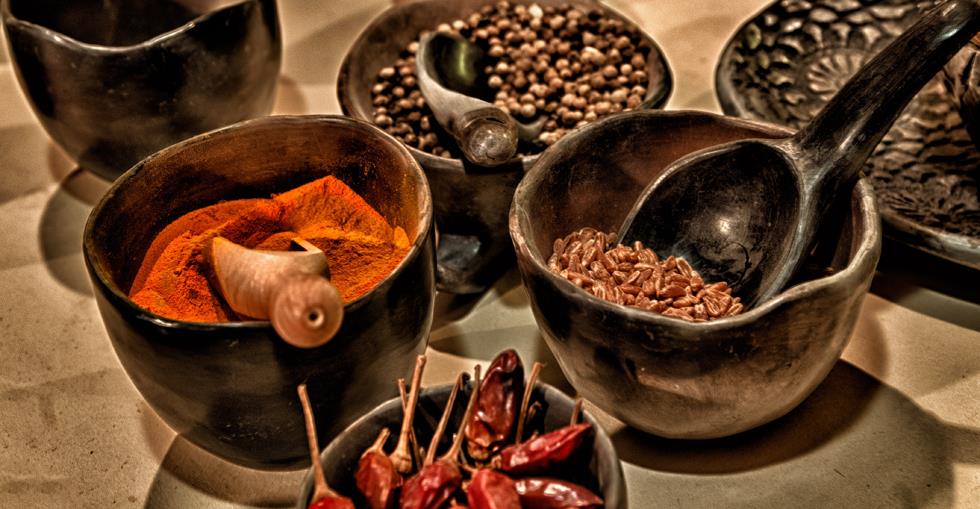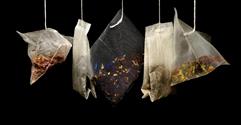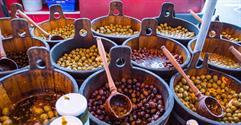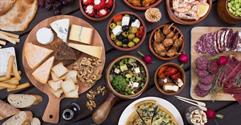Facts and figures
- Food sales have increased by almost 14% in takeaway and fast-food outlets
- Return on equities was strong for specialty retailers, at 51%, grocery retailers average 22%
- Grocery retailers had a 62% share of total retail spend, specialty retailers had 23%
- Food sales in restaurants and coffee shops grew by more than 5%
- Food, drink and tobacco specialists remained dominant in 2016
- Sales of craft alcoholic drinks continued to expand in 2016
- Increasing numbers of micro-breweries and micro-distilleries are operating throughout South Africa
- Product innovation is becoming a key USP for the craft beer and brandy market
- There is an increase in independent liquor stores with extended trading hours
- Catering services saw an 11% rise in income from food sales
- South Africa is a net-exporter of food to many countries south of the continent
Growing market
Over the last 10 years, the specialist food and drink sector in South Africa has gained momentum. And many stores, restaurants and bars are now sourcing niche products made by local, craft producers. Stocking these items helps independent businesses gain an advantage over the mass-produced stock that is sold in the larger retail chains.
There are a variety of businesses within the specialist food and drink sector, you may want to own a
shop that sells specialty Biltong, or perhaps operate a microbrewery or create a craft beer brand.
First and foremost, you must have a passion for the product that you’re selling, and you must also be determined to continually improve the business and source unique merchandise that will be popular with your customers.
Manufacturing and retail are two key sectors that keep South Africa’s economic engine running, with the food and beverage market accounting for more than 40% of Africa’s fiscal strength. Growth in the beverage industry is expected to be as high as 13% during the next few years.
South Africa’s increasing urbanisation and growing number of customers with disposable incomes is also contributing to the growth of the food sector. Consumer behaviour is changing, with a significant increase in demand for convenience products. The food market is also experiencing a transition towards healthier foods, with an increase in health-conscious shoppers and a call for more specialist organic food stores.
Challenges in the sector
For those entrepreneurs looking to break into the specialist food manufacturing industry, it is important to take note of the current challenges that could prevent the sector from growing to its full potential. One of the biggest challenges is the country’s current water shortage. South Africa's water scarcity has reached a critical point and is damaging the overall economic growth of the country.
Manufacturing food is an energy-intensive procedure, which requires large amounts of water for both processing the product and cleaning the factory machinery. The country is beginning to invest in new plants and machinery that require less water, but these developments are still in the early stages.
Increases in electricity and gas prices, and the recent introduction of a carbon tax bill, also presents challenges for the specialist food and drinks manufacturing sector. For those entrepreneurs that are still keen to set up a manufacturing business, whether it be an organic ice-cream plant or a cured meat factory, you should consider implementing green energy alternatives.
You should also research whether your business would be eligible for a government grant to install renewable energy sources such as solar panels.
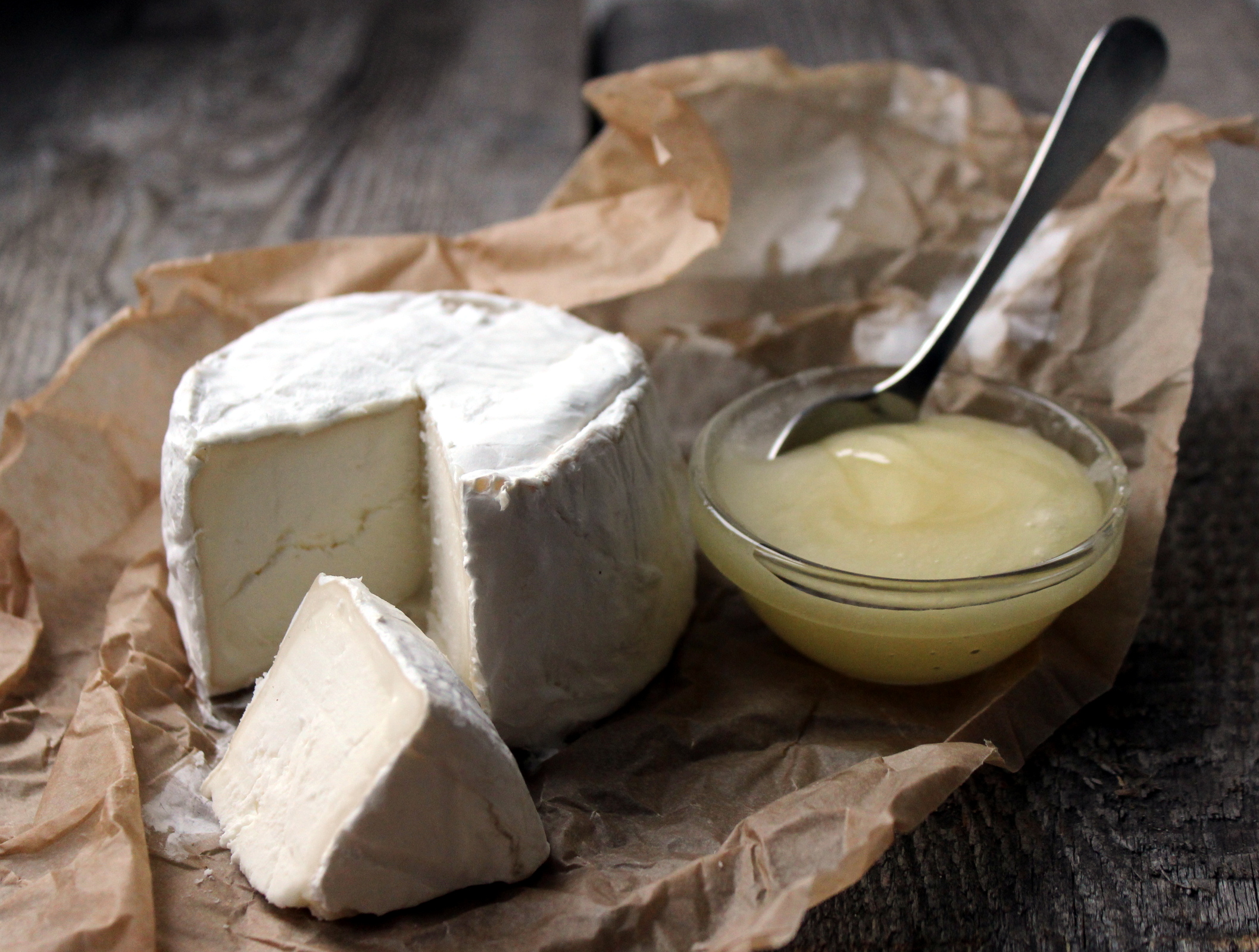
Business requirements
Firstly, you need to establish what type of business you intend to run in the specialist food and drinks market. For example, a cheese factory will have different requirements to an organic deli.
If you are setting up a manufacturing business, you will need a premise in a secure complex that is easily accessible to transport links and motorways in order to best distribute your stock.
Depending on the product that you’ll be manufacturing, whether it be smoked Biltong or health snacks, you must research where to buy any necessary machines and equipment needed to mass produce your product. The equipment will be a big expense to any start up, it could be worth sourcing second-hand kit that is in good working order to save money.
You will also need to check with local councils what requirements are needed to run a manufacturing business in the area. Different states will require their own permits, licences, and health and safety checks in order to comply with state law.
For those entrepreneurs wanting to set up a specialist food business on a smaller scale, whether it be a butchery business or an Indian take away, you will need to find a premise with adequate space and in the right location. For example, a Kosher bakery will benefit from being based in an area with a high Jewish population.
If you are more interested in breaking into the specialist drinks industry, setting up a craft brewery or micro-distillery could be your best route. There are currently more than 200 craft breweries and brands trading in South Africa, with craft beer sales continuing to rise.
You should consider applying for a ‘Micro Manufacture On and Off’ license, which means you can brew onsite and it allows your customers to drink on your premises, or buy to take away.
Support
SEDA (Small Enterprise Development Agency) is an agency within the Department of Small Business in South Africa. The group offers support for business owners and entrepreneurs at various stages of the business.
The National Small Business Chamber (NSBC) is another support group that currently advises 125,000 business owners and entrepreneurs nationwide. It is a not-for-profit organisation that is committed to helping the SME community succeed, as well as drive job creation and promote an entrepreneurial spirit.
By joining these groups, entrepreneurs will not only benefit from advice, but can also be connected to a wider network of entrepreneurs, which could present trading opportunities within your own business.
Specialist sectors and products tend to encourage groups that are passionate and very knowledgeable in their chosen field. For example, artisan coffee is a growing market in South Africa with groups such as the SCASA (Specialty Coffee Association of Southern Africa) and The Coffee Society, providing communal appreciation and support for businesses in the coffee industry.
You should join any specialist groups, even if they are more customer-focused rather than aimed at business owners, as it could be a great way to keep up-to-date with new products or developments in your specialist market.
Buying a business
If you prefer to buy a specialist food or drink business rather than start your own, you will need to do your research. Review the current turnover figures and profit margins, gain an understanding of the business’ reputation with customers and suppliers, and consider whether there is room for improvement so as to generate higher revenue.
The type of specialist food and drinks business you want to buy will determine what qualities you need to look out for. For example, if you want to purchase a bar and grill restaurant, consider the population base of the area and what other competition there is. Whereas, if you’re looking to buy a food trailer you’ll want to consider the condition of the trailer and the quality of the equipment inside.
